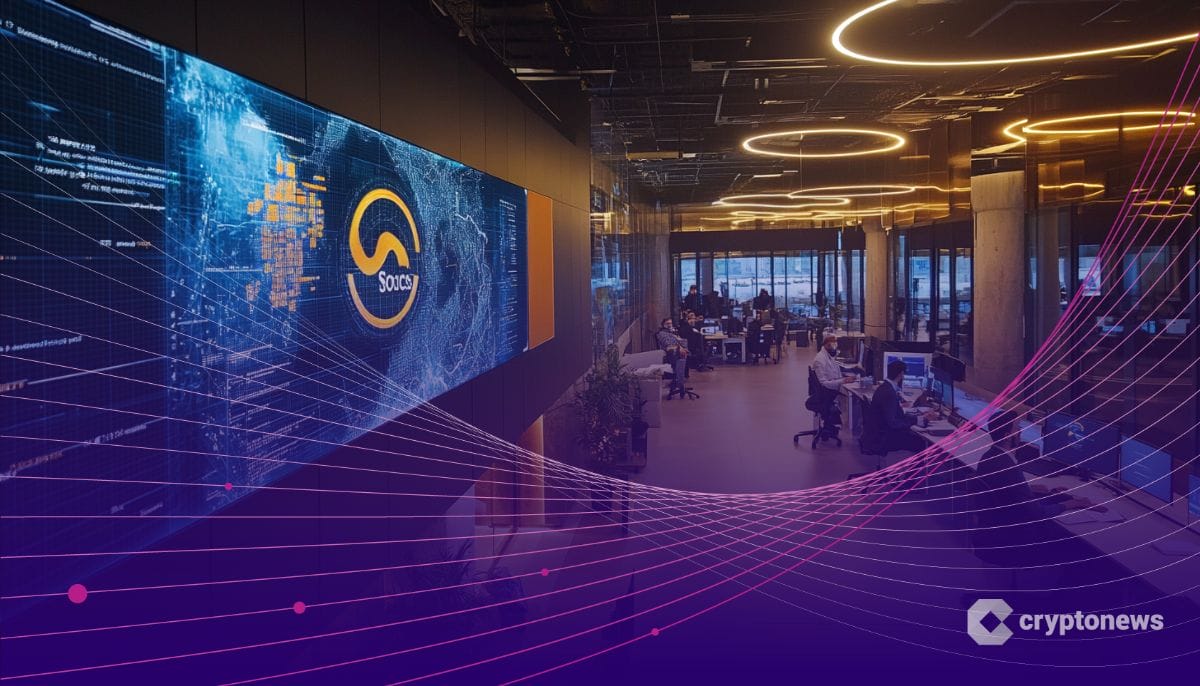Last updated:
 Why Trust Cryptonews
Why Trust Cryptonews
Ad Disclosure
We believe in full transparency with our readers. Some of our content includes affiliate links, and we may earn a commission through these partnerships. Read more

Chiliz Group’s fan engagement platform, Socios.com, secured a Class 3 Virtual Financial Assets Act (VFAA) license from the Malta Financial Services Authority (MFSA) after meeting key requirements in late 2024.
This followed the in-principle approval granted in October 2024, which placed Socios.com on the list of regulated Virtual Financial Asset (VFA) service providers under Malta’s legal framework.
The license aligned with the forthcoming Markets in Crypto-Assets (MiCA) regulations, scheduled for phased implementation across Europe.
Socios.com will now operate more freely in the European Union and transition its VFA authorization into a MiCA-compliant license, paving the way for broader expansion.
This new authorization will allow Socios.com to place virtual financial assets and hold client assets.
Socios.com has become a compliant platform that lets sports fans connect with major teams such as FC Barcelona, PSG, and Manchester City through Fan Tokens.
It will also ensure an efficient transition into a MiCA-compliant license, which could expand the platform’s reach across Europe.
Socios.com has been operating under various regulatory regimes, including the financial promotions framework in the UK and virtual asset service provider (VASP) authorization in Lithuania. It also maintains registrations in Spain, Italy, and Indonesia.
With over 100 employees based in Malta, the Chiliz Group relied on the country’s established fintech environment to reinforce its compliance efforts.
According to a statement shared with Cryptonews, Alexandre Dreyfus, CEO of Chiliz and Socios.com, emphasized the importance of this milestone, noting:
“It validates our commitment to regulatory compliance and transparency in the rapidly evolving blockchain space. As pioneers in the SportFi sector, we recognize that the highest standards of regulation and transparency are required to build trust with all stakeholders in our ecosystem.”
Malta’s Role in Europe’s Expanding Crypto Regulation
Malta attracted other major crypto exchanges seeking clarity in EU jurisdictions, including OKX, which chose Malta in July 2024 as its hub for MiCA compliance.
Through its Malta entity, OKX intends to offer spot trading services (including EUR and USDC pairs), alongside staking and conversion options for EU residents.
All these moves by the companies have aligned with the broader shift in EU regulations.
Once MiCA has become fully effective this year, crypto exchanges will function under one framework throughout member states.
The MiCA framework, approved by the European Parliament in 2023, intends to standardize crypto oversight across the EU.
For instance, Circle’s USDC became the first stablecoin to show MiCA compliance, while Binance restricted access to unauthorized stablecoins in the region.
Under MiCA, DeFi protocols have faced particular hurdles, prompting some to fully decentralize or comply with strict AML and KYC requirements.
As a result, many DeFi projects have begun reevaluating their operating models, choosing either to align with MiCA’s regulations or to shift their operations outside Europe.
This trend has been highlighted in a recent report, which found that MiCA’s stringent requirements have driven numerous crypto and stablecoin initiatives to relocate to the UAE, where they continue to thrive under more lenient regulatory conditions.



